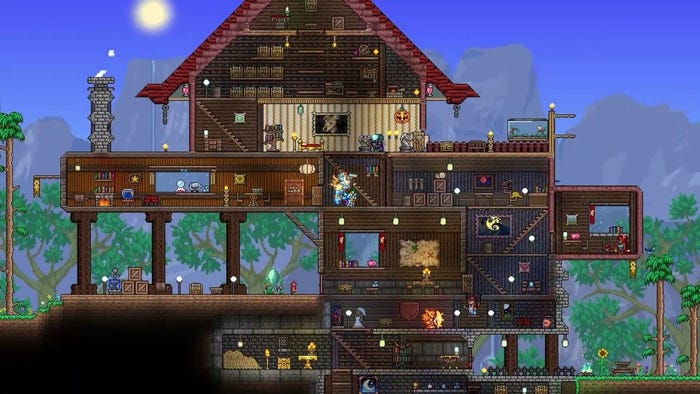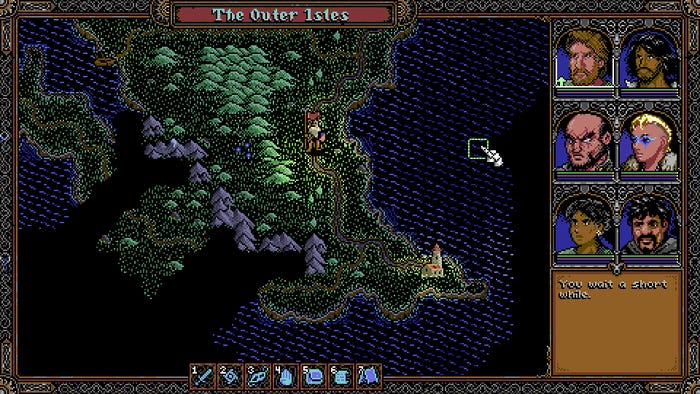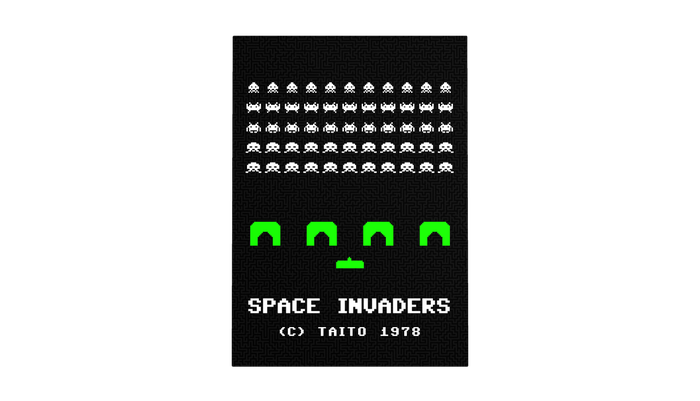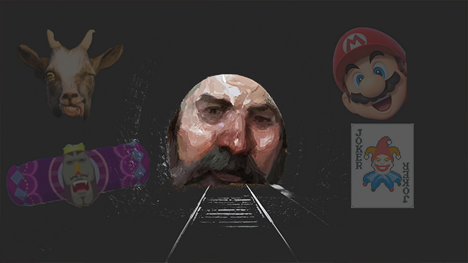Apple Arcade : Opportunity for indies or illusion ?
Apple has announced its new game distribution service, Apple Arcade. This subscription-based service offers unlimited access to games present in its catalog. Is it a good opportunity for independent studios?


Apple has announced its new game distribution service, Apple Arcade. This subscription-based service offers unlimited access to games present in its catalog. Is it a good opportunity for independent studios?
The business model used by Apple Arcade is not new: It is called Games-on-Demand and has been pioneered by Metaboli in France and Gametap in the US. Today, Apple is surfing on the growing interest for subscription as economic model (check my April 2018 publication on how subscription is infiltrating back the game industry).
With this offer, Apple seems to be gunning at gamers and therefore, is attempting to attract the most creative titles, which are usually developed by small, independent studios.
This business model offers an alternative for studios struggling to generate revenue on Steam, Google Play or the App Store but what are its true benefits and weaknesses?
It allows development teams to focus on the game system without having to include in-app purchases or to pollute their players’ game experience with ads. This is no small benefit because developing an effective freemium monetization strategy is not easy and can have a big impact on the game mechanisms.
But the Games-on-Demand business model is not a miracle solution to generate revenue either. To understand that, we need to look at the way this model works. Each month, the service generates revenue which results from the monthly cost of the subscription multiplied by the number of subscribers, minus taxes. The, the service deducts its fees and margin. What remains is split between all published games. The service computes the total number of minutes played during that period by all its subscribers on all games. Then it remunerates each game on the basis of the number of minutes played on that title.
The consequence is that, if your game is not played a lot, you get very little money out of it. We are back to square one: If a game does not offer a quality and innovative game experience in the first place, it just does not generate revenue.
The Games-on-Demand business model is interesting mainly for publishers that already own a large catalog of titles, including older ones that nobody buys anymore. Each title generates little revenue but it is their number that make it worth.
And this model features another handicap: Studios cannot complement their revenue with in-app purchases or ads; Apple Arcade forbids them.
Apple introduces an interesting service for consumers and certain publishers but it will not bring a solution to indies’ main challenge: to generate enough revenue to thrive.
My other publications on economic models:
Rise of mixed monetization strategies
Subscription 2.0 - Will it become tomorrow's business model?
Open loops and progression trees in freemium game - Don’t kill the golden egg chicken!
Read more about:
BlogsAbout the Author(s)
You May Also Like







.jpeg?width=700&auto=webp&quality=80&disable=upscale)



.jpg?width=700&auto=webp&quality=80&disable=upscale)




